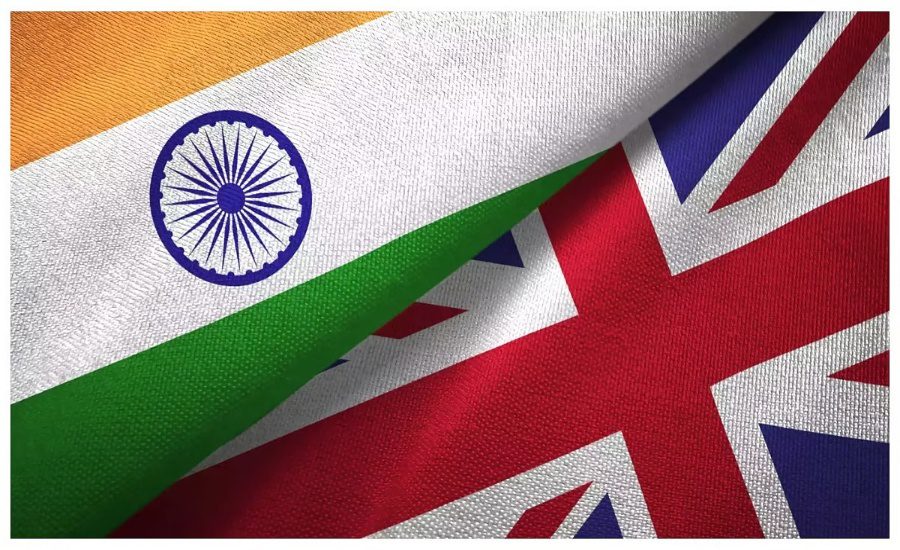People are more likely to protect women than men: study
Tue 14 Jun 2016, 11:18:45

People are more likely to sacrifice a man than a woman when it comes to both saving the lives of others and in pursuing their self-interests, a new study has found.
"Our study indicates that we think women's welfare should be preserved over men's," said Oriel FeldmanHall, a post-doctoral researcher at New York University. In one experiment, study subjects read one of three versions of a "Trolley Dilemma" - a commonly used technique in psychology studies.
In the trolley scenario, subjects read one of three versions of the dilemma, where each vignette described a man, woman, or gender-neutral bystander on the bridge.
The participants were then asked how willing they were to "push the man/woman/person onto the path of the oncoming trolley" in order to save five others farther down the track.
The results showed that both female and male subjects were much more likely to push the male bystander or one of unspecified gender than they were the female bystander.
In a second experiment, a new group of subjects was given 20 pounds and told that any money they held at the end of the experiment would be multiplied up to 10-fold, giving them as much as 200 pounds. However, there was a catch. In the experiment, the subjects interacted with other individuals—the researchers' confederates.
The subjects were told that if they decided to keep the money, these individuals would be subjected to mild electric
shocks. However, if they gave up the money, it would prevent the shocks from being administrated.
shocks. However, if they gave up the money, it would prevent the shocks from being administrated.
As with the first experiment, women were less likely than men to be subjected to shocks, suggesting an aversion to harming females - even when this came at the subjects' own financial expense.
However, while both female and male subjects were less likely to shock females, women in particular were less willing to shock other women.
A third experiment was a survey in which a new set of more than 350 subjects was asked a series of questions relevant to the study's focus - the researchers aimed to sort out the thought process that might explain the behaviours exhibited in the first two experiments.
Overall, the answers of both female and male respondents suggested that social norms account for greater harming behaviour toward a male than a female target - women are less tolerant to pain, it is unacceptable to harm females for personal gain, and society endorses chivalrous behaviour.
Furthermore, these perspectives were not linked to emotion—subjects found harming men and women to be equally emotionally aversive.
"There is indeed a gender bias in these matters: society perceives harming women as more morally unacceptable," said Dean Mobbs, an assistant professor at Columbia University.
The study was published in the journal Social Psychological and Personality Science.
No Comments For This Post, Be first to write a Comment.
Most viewed from Specials
Most viewed from World
AIMIM News
Latest Urdu News
Most Viewed
May 26, 2020
Which Cricket team will win the IPL 2025 trophy?
Latest Videos View All
Like Us
Home
About Us
Advertise With Us
All Polls
Epaper Archives
Privacy Policy
Contact Us
Download Etemaad App
© 2025 Etemaad Daily News, All Rights Reserved.





































.jpg)




